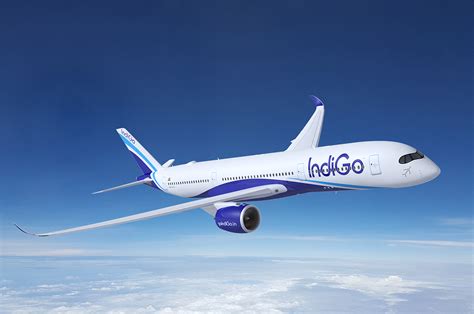On November 29th Portuguese flag carrier TAP retired its last Fokker 100.
When flight TP1937 from Porto, operated by “Albatroz” (CS-TPA), touched down at Lisbon Portela airport, it brought a quarter of a century of Fokker 100 service in Portugal to an end.
Two decades after the historical Dutch aircraft maker Fokker closed its doors (its MRO operation lives on as Fokker Aviation, though, after it was acquired by Stork BV), it is getting increasingly difficult to spot Fokker 100s anywhere in Europe. Austrian Airlines remains pretty much the only major airline still flying the type in the continent (and not for much longer!).
This was, thus, a hard to miss opportunity. It may well be the last chance to fly on an aircraft that, although belonging to an ageing generation, has proved itself to be a reliable workhorse for many airlines. Before the arrival of more modern models from Bombardier and Embraer, the Fokker 100 provided a very valid alternative in the 100-seat segment.
TAP’s Fokker 100 were operated by Portugalia, now in the process of being rebranded as “TAP Express”. Portugalia started as a private airline during the air market liberalization of the early 90s.
The Fokker 100 was actually the first aircraft in its fleet and, although later new aircraft types were brought into service (namely Embraers, like the E-190 that flew me to Lisbon), the Fokker 100 remained in service throughout the airline’s existence, covering some of its top routes, such as the “Ponte Aerea”, the shuttle between Lisbon and Porto, Portugal’s two main cities.
This last Fokker 100 flight generated quite a lot of media attention and it happened to be also quite an emotional trip for the crew.
The captain, Mario Quintanilla, and most of the crew had been on Portugalia’s first Fokker 100 flight back in 1990, on exactly the same route.
A copy of the 1990 newspaper page announcing the entry into service of that same aircraft we were in was handed to every passenger of the flight
Upon arrival to Lisbon, the Fokker 100 was welcomed by the traditional water salute, while TAP staff congregated to greet the crew.
New era for TAP
Perhaps more remarkable than the Fokker 100 going out of service, though, is the background upon which this happened: the major shake-up of TAP to make it a major player in the transatlantic market.
The visit to Lisbon was, in fact, an excellent opportunity to learn about the exciting transformation that the Portuguese flag carrier is going through after David Neeleman (of JetBlue and Azul fame) invested in the company to turn it around completely.
TAP had traditionally been focused on Brazil and Portuguese-speaking Africa, yet, the new management team has identified North American as the future area of growth.
With flying times between Lisbon and the US among the shortest from any European capital (it is about six hours from Boston to Lisbon) as well as no backtracking between city pairs, TAP aims to take advantage of geography to become a major transatlantic hub. Its a strategy mimicking what Finnair does at the other extreme of Europe with its Asia-oriented strategy.
The Portuguese airline has opened new routes to Boston, New York JFK and Toronto. These add to the already existing routes to Newark (its traditional US gateway) and Miami.
The fact that David Neeleman and his team are keeping close personal links with JetBlue, made it possible for TAP to become partners with the American carrier. By starting flights to JetBlue’s hub at JFK airport T5, TAP is able to tap JetBlue’s domestic network in the US, while the American carrier can offer its customer onward connections to many points in Europe and Africa.
A similar arrangement is also in place in Brazil with Azul (the Brazilian airline being another of David Neeleman’s creations).
The Portuguese flag carrier is also investing in fleet renewal. TAP is going to be the launch operator for the Airbus A330neo (it has 14 of the type on order), although its delivery, after being pushed back by Airbus, is not expected until at least March 2018.
Here is TAP’s A330 current cabin interior – the A330neos will be equipped with the new Airspace by Airbus cabin interior. TAP has also 24 A321neo and 15 A320neo on order.
Following the Fokker 100 retirement, TAP Express (the new regional brand based on the Portugalia operation) will be flying Embraer E190s and ATRs (the latter wet-leased from Portuguese carrier White)
But it is not only the hardware, new services are also being devised to support TAP’s transatlantic strategy that go hand-in-hand with Portugal becoming one of Europe’s up and coming tourist destinations.
A case in point is the Portugal Stopover program, that makes it possible for passengers transiting between North America and European destinations via Lisbon to take advantage of a number of special offers to stay over in Portugal for 2 or 3 days (or even longer) rather than just transit through the airport.
The country’s peripheral location, becomes an asset as soon as you have a home-base carrier with the capability and the vision to build it into a continental gateway.
Views: 8













